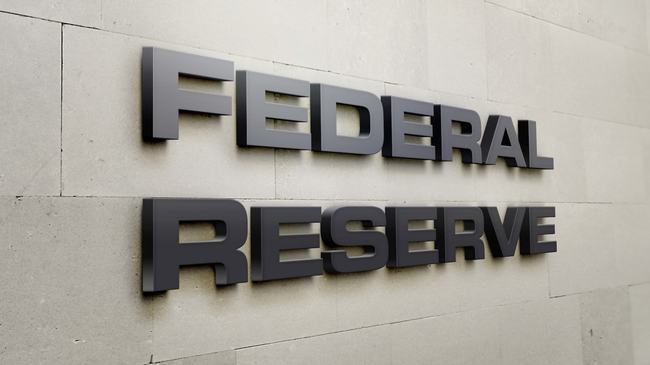New Fed Chair in Office: What Does This Mean for You?

It’s been some time since many of us have been in an economics class. Though it may be about time for many to refinance or even purchase a new home. With so many things to consider, use this article as an explanation defining the Federal Reserve and introducing its new chairman of the board...while offering some insight into how it can affect your home loan.
What is the Federal Reserve?
The Federal Reserve (Fed) is the central bank of the United States. It makes a lot of important decisions regarding monetary policy, financial stability, and consumer protection. Its most powerful responsibility: influencing the direction of interest rates.
One of its major responsibilities is setting short-term interest rates to control inflation and avoid recession. When it comes to the real estate market, the Fed influences the rate of bonds to which mortgage interest rates are tied. So, the market anticipates what the Fed will do and prices rates accordingly.
Interest rates are raised or lowered through regularly scheduled Federal Open Market Committee meetings. They review current economic data and then set a target for the federal funds rate, or the interest rate banks charge one another for overnight loans. In turn, banks use the fed funds rate to base all other short-term interest rates.
As you may have read in one of our previous market watch articles, bad economic news and uncertainty are good for mortgage interest rates. Investors tend to flock to bonds in bad times, and more demand pushes interest rates lower — providing a much better deal for you, the borrower.
What to expect in 2022
When Fed Chair Janet Yellen’s announced her retirement, there was a lot of discussion around who would replace her. On November 2, 2017, President Donald Trump nominated Jerome Powell to serve as the Chair of the Federal Reserve. Just over a month later, the Senate Banking Committee approved Powell's nomination to be Chair. The Senate then confirmed his nomination on January 23, 2018.
Powell, who has served as a governor on the Fed board since 2012, seemed certain to follow Yellen’s lead — according to the New Yorker. This means that the Fed’s current policy of slowly raising interest rates will continue. Though Powell has cautioned that while Fed officials want to make the path of interest rate policy as predictable as possible, "the future cannot be known with certainty." But, he (as Fed chair) would “strive, along with my colleagues, to support the economy’s continued progress toward full recovery. Our aim is to sustain a strong jobs market with inflation moving gradually up toward our target.”
Key takeaways
Home loans usually come with 15- to 30-year terms, a far longer timeline than the short-term borrowing affected by the federal funds rate. So mortgage rates are less sensitive to incremental rate increases.
Those who would experience a negative impact from rate increases could be borrowers seeking a new home loan or those who are in an adjustable rate mortgage (ARM). On the contrary, what this can do is create less demand for home loans which can mean lower home prices — a hidden advantage for new home buyers. There's also the fact that any sort of rate cut by the Federal Reserve can impact student loans.
But all things considered, there are many things to consider when it comes to purchasing a home or refinancing an existing mortgage. Circumstances and benefits differ based on your personal financial situation. So, it’s always in your best interest to work with a mortgage consultant who can walk you through options and customize a program that meets your needs. That way, in the event it’s not the right time to lock into a new mortgage, you can receive honest guidance with no pressure.




